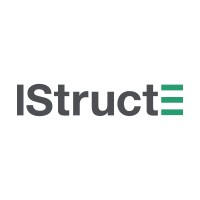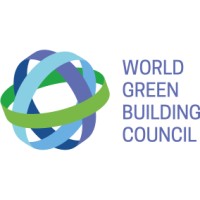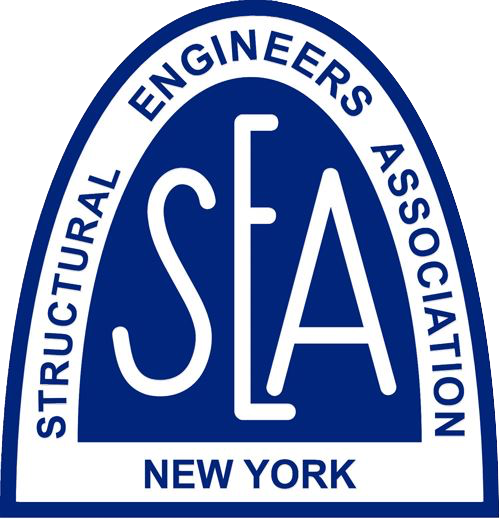HOME | CONTACT US | ADVERTISE |
Sustainable Design Committee
The Sustainable Design Committee mission aligns with the SE2050 program to target the reduction of embodied carbon and ultimately achieve net zero. We empower structural engineering firms to commit to SE2050. Our goal is to give structural engineers the resources and tools to incorporate sustainable practices into their projects. We facilitate commitment to the program by outlining and simplifying the process. Additionally, we are committed to guiding and providing necessary information to the community about embodied carbon and relevant updates in the AEC industry. We aim to increase the number of New York firms officially committed to SE2050 and add the structural engineering community’s voice into legislative changes that are guiding the industry towards a sustainable future.
2025-2026 Committee Leadership
Candice Ogando - Co-Chair
Kim Avelar - Co-Chair
Purpose
Climate change is an increasingly urgent issue. The construction industry has a major impact on our climate which is becoming more apparent each year.
Buildings generate 40% of annual global greenhouse gases. 11% of those annual greenhouse gas emissions are due to the embodied carbon of buildings. Embodied carbon is the sum of the CO2 emissions resulting from the manufacture, transportation and installation of all construction materials for a building over its life cycle. Just as building operating systems are becoming more efficient, we must look for ways to reduce embodied carbon in structures. With awareness and intentionality in the design process, we can reduce, and ultimately eliminate, embodied carbon in structures.
As designers, engineers, and builders who strive to leave the world better than we found it, we must address sustainability in our projects.
Resources

Architecture 2030 is a non-profit organization established in 2002. Architecture 2030’s mission is to rapidly transform the built environment from the major contributor of greenhouse gas (GHG) emissions to a central part of the solution to the climate and energy crisis.
The Carbon Leadership Forum propels knowledge, collaboration and action to radically reduce the embodied carbon in building materials and construction. We pioneer research, create resources, foster cross-collaboration, and incubate member-led initiatives to bring embodied carbon emissions of buildings down to zero.

The mission of the SE 2050 Commitment is to support the SE 2050 Challenge and transform the practice of structural engineering in a way that is holistic, firm-wide, project based, and data-driven.
An event co-hosted by Building Transparency where we will dive into the world of Life Cycle Assessments. Building Transparency is a non-profit organization committed to fostering sustainability and providing the tools necessary to enable engineers to take action and address embodied carbon in their projects. This event is geared towards beginners who may not be familiar with building life cycle assessments and are looking to learn the fundamental concepts behind some of Building Transparency's open source tools: EC3 and TallyCAT.
As sustainability and carbon reduction goals creep into projects, engineers will need to become familiar with the documents that record building materials' impact to the environment: environmental product declarations or EPDs. This webinar will provide engineers with an introduction to EPDs. Attendees will learn how to read EPDs and extract the relevant sustainability information for their projects. A breakdown of the key components of EPDs will be provided. The presenter will also explain how the documents are developed and maintained. He will then discuss potential stumbling blocks and give insider tips for successful sustainable engineering implementation.
As climate change becomes an increasingly pressing issue, it is important now more than ever for structural engineers to put sustainability at the forefront of their work. This panel is targeted towards young engineers & students who are looking to learn more about sustainable structural design and hear from those who have integrated sustainability into their practice.
The SDC committee gathered a panel of structural professionals to showcase several Life Cycle Assessment (LCAs) and embodied carbon calculators. Attendees will learn the several tools available and how to easily implement them into their projects at their firms.
Buildings alone account for 40% of the global greenhouse gas emissions. Two-thirds of that total impact is from operational emissions, while the remainder is from embodied emissions. As we have driven down operational emissions through smarter designs, there has been a shift to focus on embodied carbon. To meet IPCC goals, we must essentially decarbonize the building industry by 2050. We can do this using a process called Whole Building Lifecycle Assessment (WBLCA). And there are several tools and guidelines that exist to help practitioners in this process to achieve this credit and reduce embodied carbon.
Date: May 18,2021
Contact Us
For more information or to join the SEAoNY Sustainable Design Committee, please contact:
